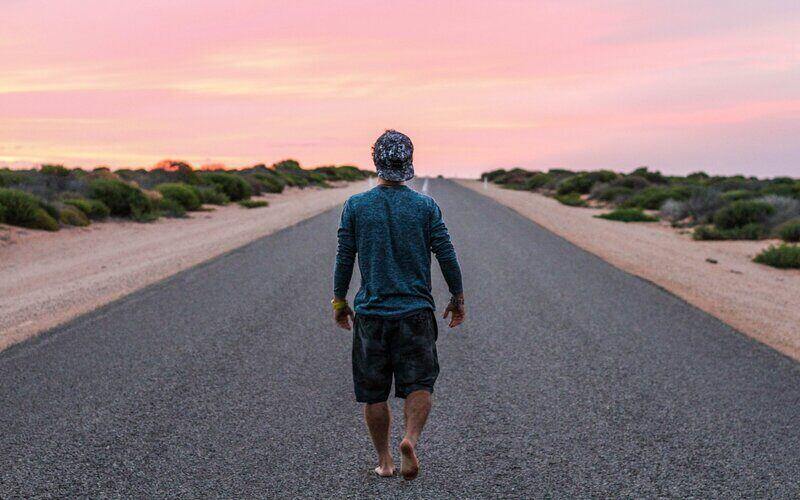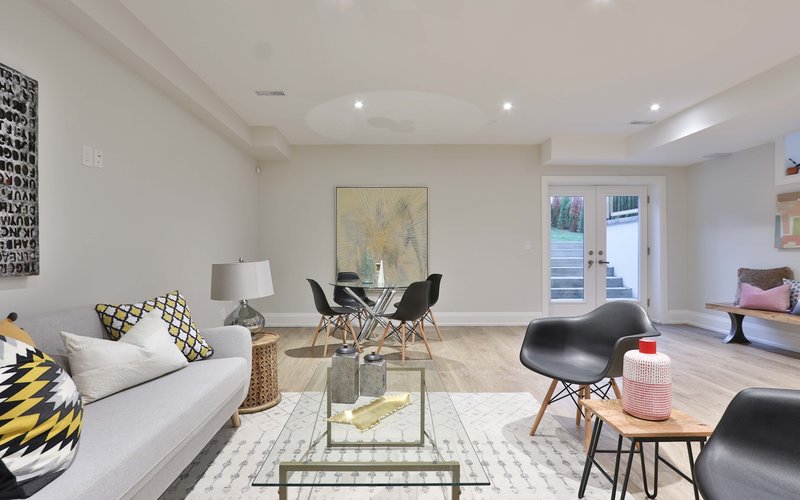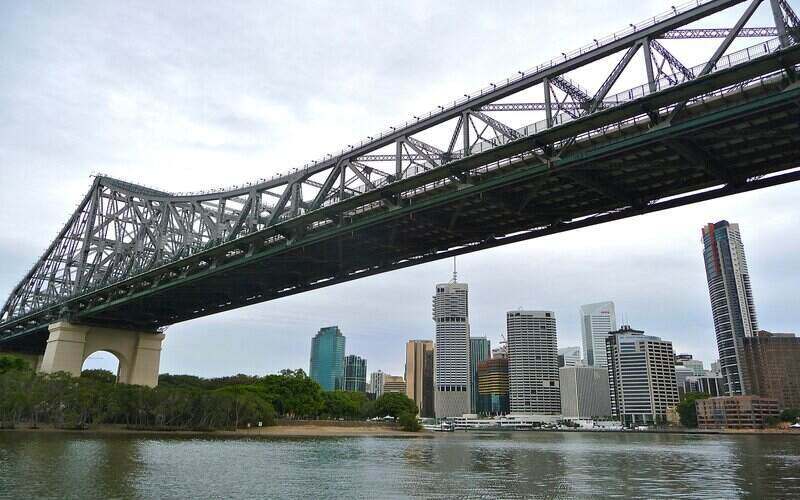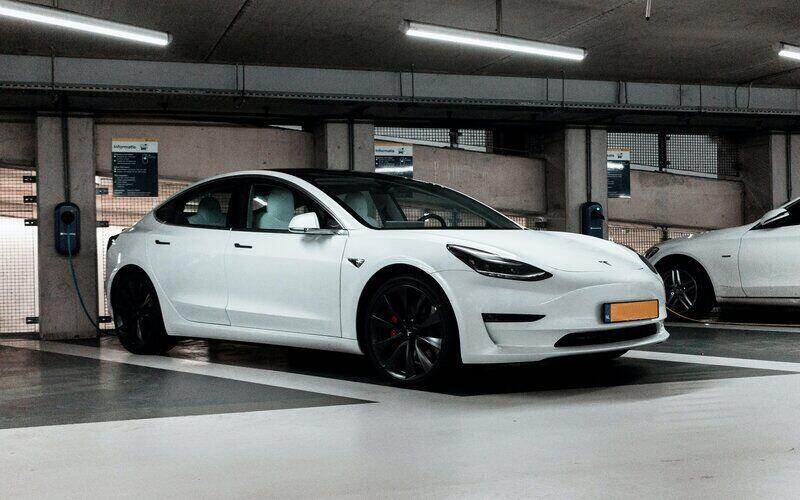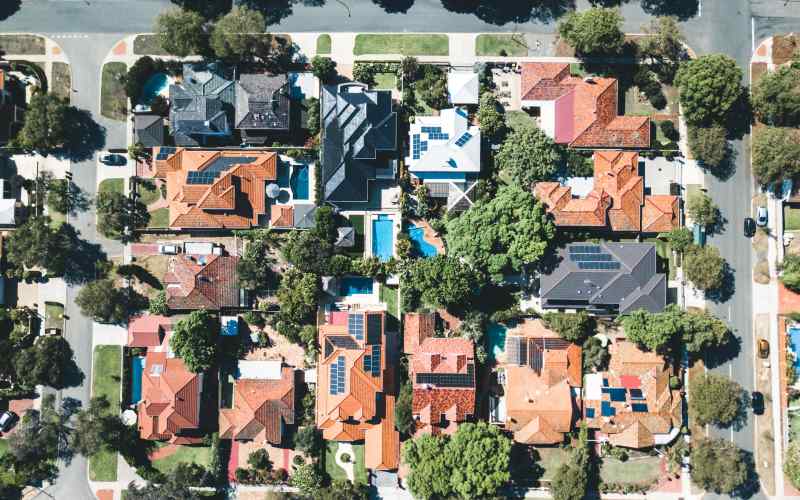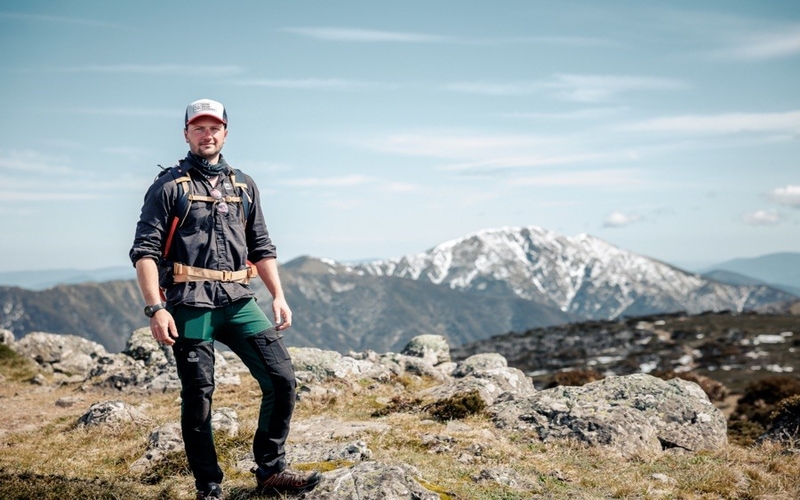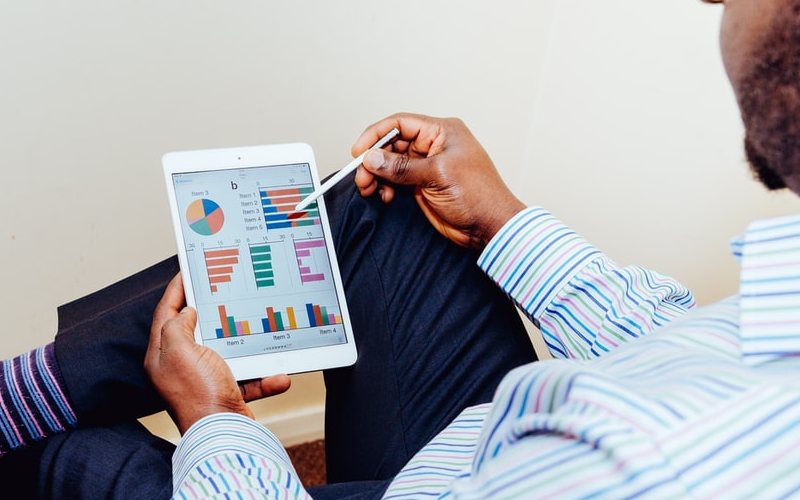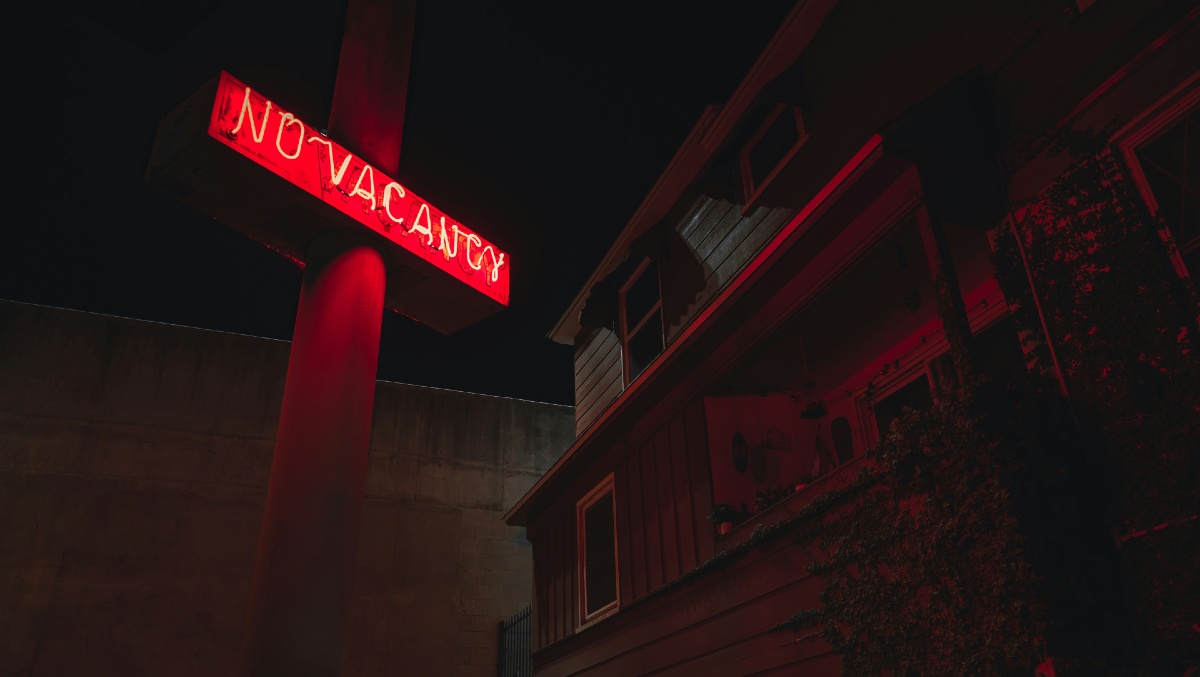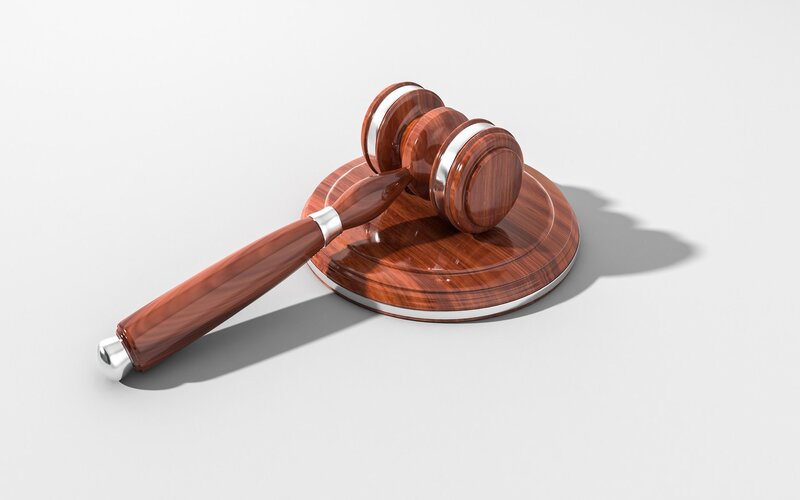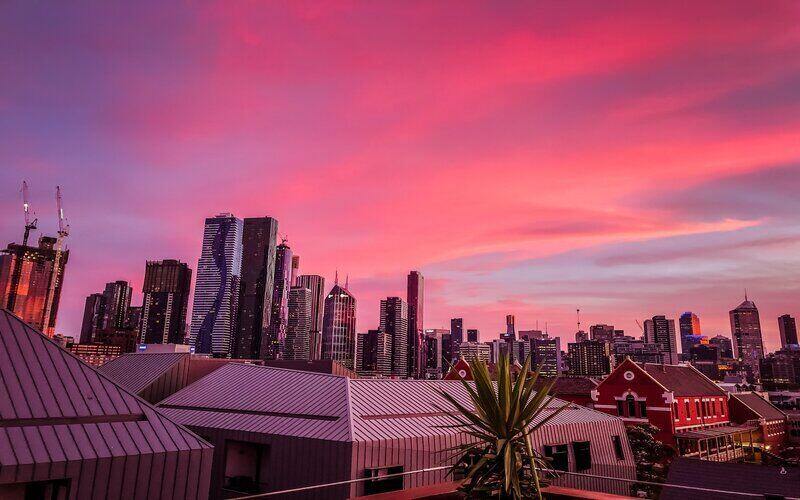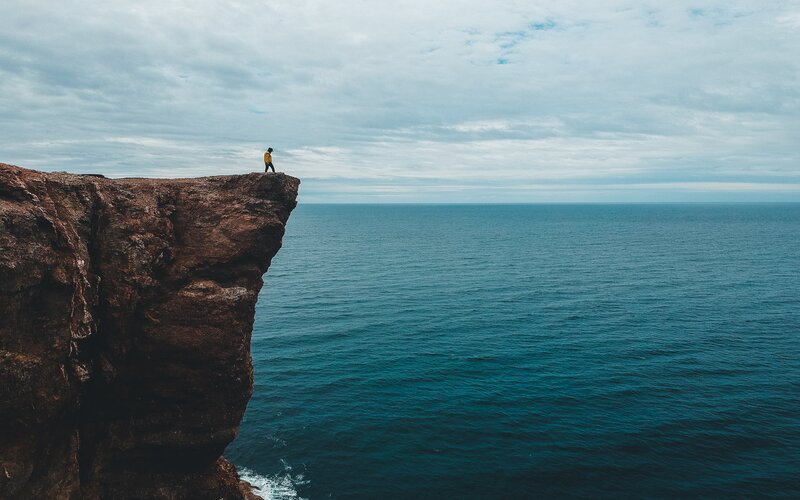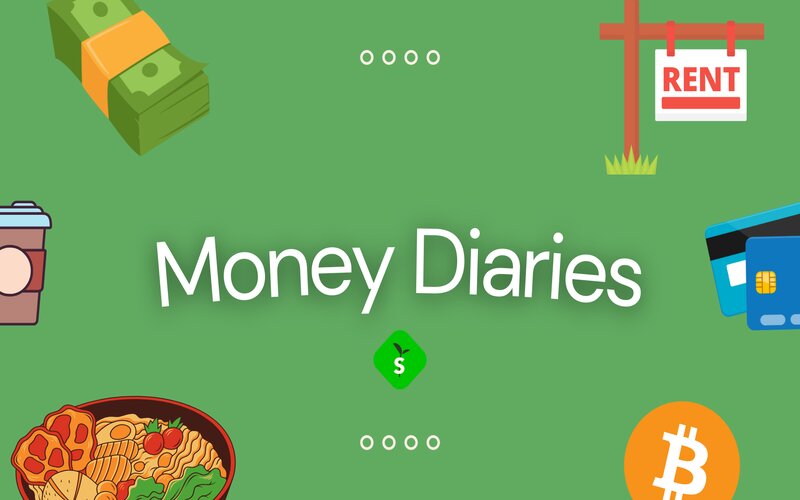Prime Minister Scott Morrison has been accused of being 'out of touch' for avoiding a journalist's question on how much a loaf of bread or a litre of petrol costs.
To be completely honest, I don't know the prices off the top of my head either. Yes, I buy the same things every week, but I have no idea how much most of the individual items cost.
Enter the Consumer Price Index (CPI). The CPI allows us to see how the prices of things have changed. It measures household inflation and includes statistics about price changes for household items. In a nutshell, it shows you how inflation affects the everyday items you buy.
The latest CPI data was released for the December quarter 2021, when it was revealed that inflation had risen to an annualised rate of 3.5%. Why does this matter, you may be wondering? Well, inflation not only affects the cost of basic goods and services, but it's also an important indicator for the Reserve Bank of Australia.
To really understand the CPI, released quarterly by the Australian Bureau of Statistics (ABS), it's important to know how much the things you are buying actually cost. Whether you're feeling the pinch at the supermarket, or at the petrol pump, or if you say to yourself, "Hey, this thing never used to be so expensive" - that's inflation for you.
What's included in the CPI's basket of goods?
The CPI measures different groups of items, and their weighted average costs across the eight capital cities. The groups included in the CPI's data includes:
- Food and non-alcoholic beverages
- Alcohol and tobacco
- Clothing and footwear
- Housing
- Furnishings, household equipment and services
- Health
- Transport
- Communication
- Recreation and culture
- Education
- Insurance and financial services
Let's dive into a few costs of specific items within these groups.
Cost of groceries
Since I've confessed I don't know the price of bread, we'll start with the cost of food in Australia. All foods will be home-brand, and all prices have been sourced from the Woolworths website.
- White soft sandwich bread (650g): $1.70
- Full cream milk (1L): $1.35
- Instant coffee granulated (200g): $3.70
- Extra large cage free eggs (12): $3.80
- White washed potatoes (1kg): $3.50
- Fresh broccoli: $2.28
- Carrots (1kg): $2.00
- Coca-cola classic soft drink bottle (1.25L): $3.15
- Iceberg lettuce: $3.00
Prices accurate at the time of writing
Cost of fuel
It's no secret that fuel is really expensive at the moment. But just how much does petrol cost the everyday Australian?
According to the ABS, the national quarterly average price for unleaded petrol increased to $1.64 per litre in the December 2021 quarter. All fuel prices listed are from Brisbane, sourced and labelled as 'fair' by RACQ's Fair Fuel Prices.
- Unleaded: $161.90 cents per litre
- E10 Unleaded: $159.90 cents per litre
- Premium Unleaded 95: $177.70 cents per litre
- Premium Unleaded 98: $185.10 cents per litre
- Diesel: $167.50 per litre
Prices accurate at the time of writing
It's important to note petrol price cycles, particularly on the east coast, can be volatile. It's handy to have a petrol price comparison app on your smartphone.
Cost of a rapid antigen test
The Prime Minister was also asked if he knew the price of a rapid antigen test (RAT) in Australia, which are currently in severe short supply relative to demand.
According to the ACCC, wholesale costs of a RAT range between $3.95 and $11.95 a test. Chemist Warehouse is currently selling them at $20 for a two pack.
Prices accurate at the time of writing
Cost of housing
The housing boom saw housing values rise by 22% over the year to date, but what are the median values across Australia? All information sourced from CoreLogic.
- National median dwelling value: $718,146
- Sydney: $1,106,279
- Melbourne: $798,881
- Brisbane: $706,594
- Adelaide: $584,629
- Perth: $531,243
- Hobart: $707,087
- Darwin: $496,476
- Canberra: $906,529
- Combined regional: $551,887
Median asking rental prices have also risen substantially. All information sourced from Domain, asking rental prices are weekly and for houses.
- Combined capitals: $499
- Sydney: $600
- Melbourne: $445
- Brisbane: $480
- Adelaide: $450
- Perth: $460
- Canberra: $675
- Darwin: $600
- Hobart: $500
All information accurate at the time of writing
Image by nrd on Unsplash


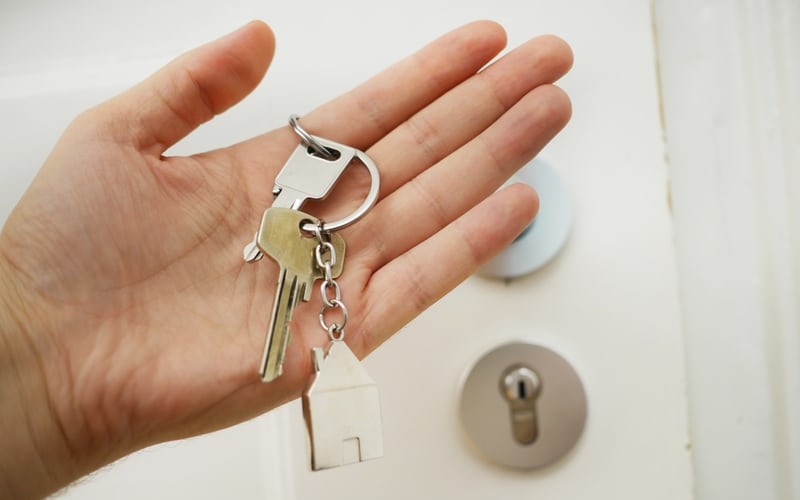
 Harrison Astbury
Harrison Astbury
 Brooke Cooper
Brooke Cooper